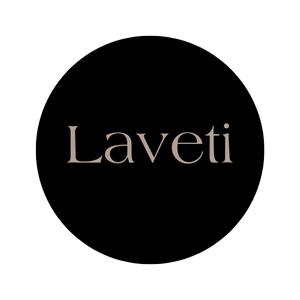Enter Christianity – Notes from Missionaries
Fijian funeral ceremonies underwent dramatic changes when the Wesleyan form of Christianity arrived in Tubou village Lakeba in 1835. The forerunners were missionaries David Cargill (Misi Kakili) and William Cross (Misi Korosi). However, two later missionaries arrived in 1858 – Reverends Thomas Williams and James Calvert. They wrote extensively on funeral practices in their journals which have been published into a book “Fiji and the Fijians Volume 1, the islands and their inhabitants’.
Williams notes a few common practices in Lakeba Lau, Somosomo in Cakaudrove Vanualevu and in Bua also in Vanualevu.
When the hour of death is allowed to approach naturally, and the dying one is respectable, or the head of a family, the patriarch calls his children round him. He says his farewell and gives his parting advice. This is generally said like “I am going. You will remain.” He then mentions what needs to be taken care of in the family affairs, or expresses satisfacion with them as they are. At the hour of death he never forgets an enemy and at that time he never forgives one. The dying man mentions his foe that his children may perpetuate his hatred and kill him at the first opportunity.
When a chief is either dead or dying, it is announced to his various networks; and if he is a supreme chief, chieftains and high ranking chiefs come to pay their respects and offer a present to him. If he is only the head of a tribe, the chief members of that tribe assemble for the same purpose. The death of a male is announced by the firing of muskets or blasts on the conch shell. The people neartest at hand wail the dead with sudden outbursts of grief. Their cries are heard far away.
The body is laid out and old clothes are removed if the deceased was sick. If needed, his body was oiled and the upper part half of his body was painted boack so as to give him the appearance of a warrior. A large new masi is thrown loosely around his loins, a clean head-dress put on, and his lower extremeties are covered with very thin white tapa. Ornaments on the arms and foreheads are often added. A heavy club, newly oiled is laid by his right side and into his lifeless hand is thrust one or more whales’ teeth.
The next step is the preparation of the loloku. This the strangling of wives or friends or both. Sometimes it can be the deceased’s mother. It was done out of respect for the dead for the thought of one going attended into the world of the dead was a repulsive thought then. The bodies of these victims are called “grass” for bedding for the deceased chief. The strangled wives are well oiled, their heads dressed and ornmented, new liku or vau skirts are put on them, tumeric powder spread on their faces and bosoms.
At the funeral, a traditional priest superintends. Grave diggers use digging sticks and when the grave is finished, mats are laid at the bottom and body or bodies, wrapped in other mats and tapa are placed on it, the edges of the mats folded over them all. The earth is then thrown in.
A widow who is not strangled with her husband lives to re-marry, or to return to her home. But she is more or eless the subject of insult, shame and misery. She who dies at the death of her husband is considered with honour. But if a widow is likely to become a mother, she is lawfully and honourably excused from strangling.
The practice of strangling as part of the old religion began to wane as Christianity gradually took hold. The customs accorded to the corpse did not change. But the strangling wa substituted eventually with the willing amputation of the small pinky finger – all as a symbol of mourning. Gradually this practice began to slowly phase out as people discarded practices and adopted new ones.
Source: Simione Sevudredre





